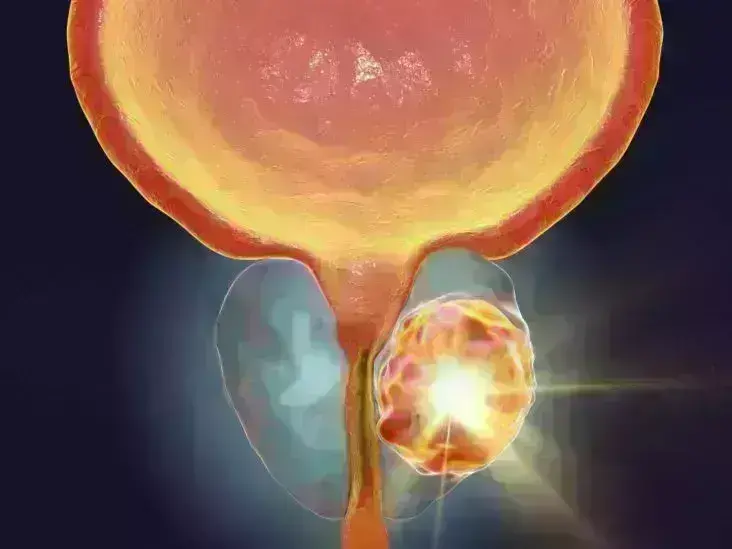- Home
- Medical news & Guidelines
- Anesthesiology
- Cardiology and CTVS
- Critical Care
- Dentistry
- Dermatology
- Diabetes and Endocrinology
- ENT
- Gastroenterology
- Medicine
- Nephrology
- Neurology
- Obstretics-Gynaecology
- Oncology
- Ophthalmology
- Orthopaedics
- Pediatrics-Neonatology
- Psychiatry
- Pulmonology
- Radiology
- Surgery
- Urology
- Laboratory Medicine
- Diet
- Nursing
- Paramedical
- Physiotherapy
- Health news
- Fact Check
- Bone Health Fact Check
- Brain Health Fact Check
- Cancer Related Fact Check
- Child Care Fact Check
- Dental and oral health fact check
- Diabetes and metabolic health fact check
- Diet and Nutrition Fact Check
- Eye and ENT Care Fact Check
- Fitness fact check
- Gut health fact check
- Heart health fact check
- Kidney health fact check
- Medical education fact check
- Men's health fact check
- Respiratory fact check
- Skin and hair care fact check
- Vaccine and Immunization fact check
- Women's health fact check
- AYUSH
- State News
- Andaman and Nicobar Islands
- Andhra Pradesh
- Arunachal Pradesh
- Assam
- Bihar
- Chandigarh
- Chattisgarh
- Dadra and Nagar Haveli
- Daman and Diu
- Delhi
- Goa
- Gujarat
- Haryana
- Himachal Pradesh
- Jammu & Kashmir
- Jharkhand
- Karnataka
- Kerala
- Ladakh
- Lakshadweep
- Madhya Pradesh
- Maharashtra
- Manipur
- Meghalaya
- Mizoram
- Nagaland
- Odisha
- Puducherry
- Punjab
- Rajasthan
- Sikkim
- Tamil Nadu
- Telangana
- Tripura
- Uttar Pradesh
- Uttrakhand
- West Bengal
- Medical Education
- Industry
Higher intakes of dairy foods tied to higher risk of prostate cancer

Higher intakes of dairy foods tied to higher risk of prostate cancer, finds a new study. Further substances other than calcium play a role in the risk dairy foods pose for prostate cancer.
The study has been published in The American Journal of Clinical Nutrition
Prostate cancer is the most common noncutaneous cancer in American males. Causal links between dairy, or dietary calcium, and this cancer are considered suggestive but limited.
A study was conducted to evaluate these associations in a large North American cohort, including many with no (or very low) dairy intake and much calcium from nondairy sources.
A prospective cohort study of 28,737 Seventh-day Adventist men in the United States and Canada, of whom 6389 were of black ethnicity. Diet was measured by FFQ, and 275 male participants also provided repeated 24-h dietary recalls as a calibration substudy. Incident cancers were mainly found by matching with cancer registries. Analyses used multivariable proportional hazards regressions and regression calibration for some analyses.
Results
- In total, 1254 (190 advanced) incident prostate cancer cases were found during an average 7.8 y of follow-up. Men at the 90th percentile of dairy intake (430 g/d) compared with the 10th percentile (20.2 g/d) had higher prostate cancer risk
- Similar findings, comparing the same g/d intakes, were demonstrated for advanced prostate cancers for nonadvanced cases in black participants and when excluding vegan participants
- Calibrated dairy (g/d) regressions (all participants and all prostate cancers), adjusting for dietary measurement error, found a HR of 1.75
- Comparing 90th percentile intake to zero intakes (uncalibrated), the HR was 1.62.
- There was no evidence of an effect of higher (905 mg/d) compared with lower (349 mg/d) intakes of nondairy calcium
Men with higher intake of dairy foods, but not nondairy calcium, had a higher risk of prostate cancer compared with men having lower intakes. Associations were nonlinear, suggesting greatest increases in risk at relatively low doses.
Reference:
Dairy foods, calcium intakes, and risk of incident prostate cancer in Adventist Health Study–2 Get by Michael J Orlich, et al. published in The American Journal of Clinical Nutrition
https://doi.org/10.1093/ajcn/nqac093
Dr. Shravani Dali has completed her BDS from Pravara institute of medical sciences, loni. Following which she extensively worked in the healthcare sector for 2+ years. She has been actively involved in writing blogs in field of health and wellness. Currently she is pursuing her Masters of public health-health administration from Tata institute of social sciences. She can be contacted at editorial@medicaldialogues.in.
Dr Kamal Kant Kohli-MBBS, DTCD- a chest specialist with more than 30 years of practice and a flair for writing clinical articles, Dr Kamal Kant Kohli joined Medical Dialogues as a Chief Editor of Medical News. Besides writing articles, as an editor, he proofreads and verifies all the medical content published on Medical Dialogues including those coming from journals, studies,medical conferences,guidelines etc. Email: drkohli@medicaldialogues.in. Contact no. 011-43720751


